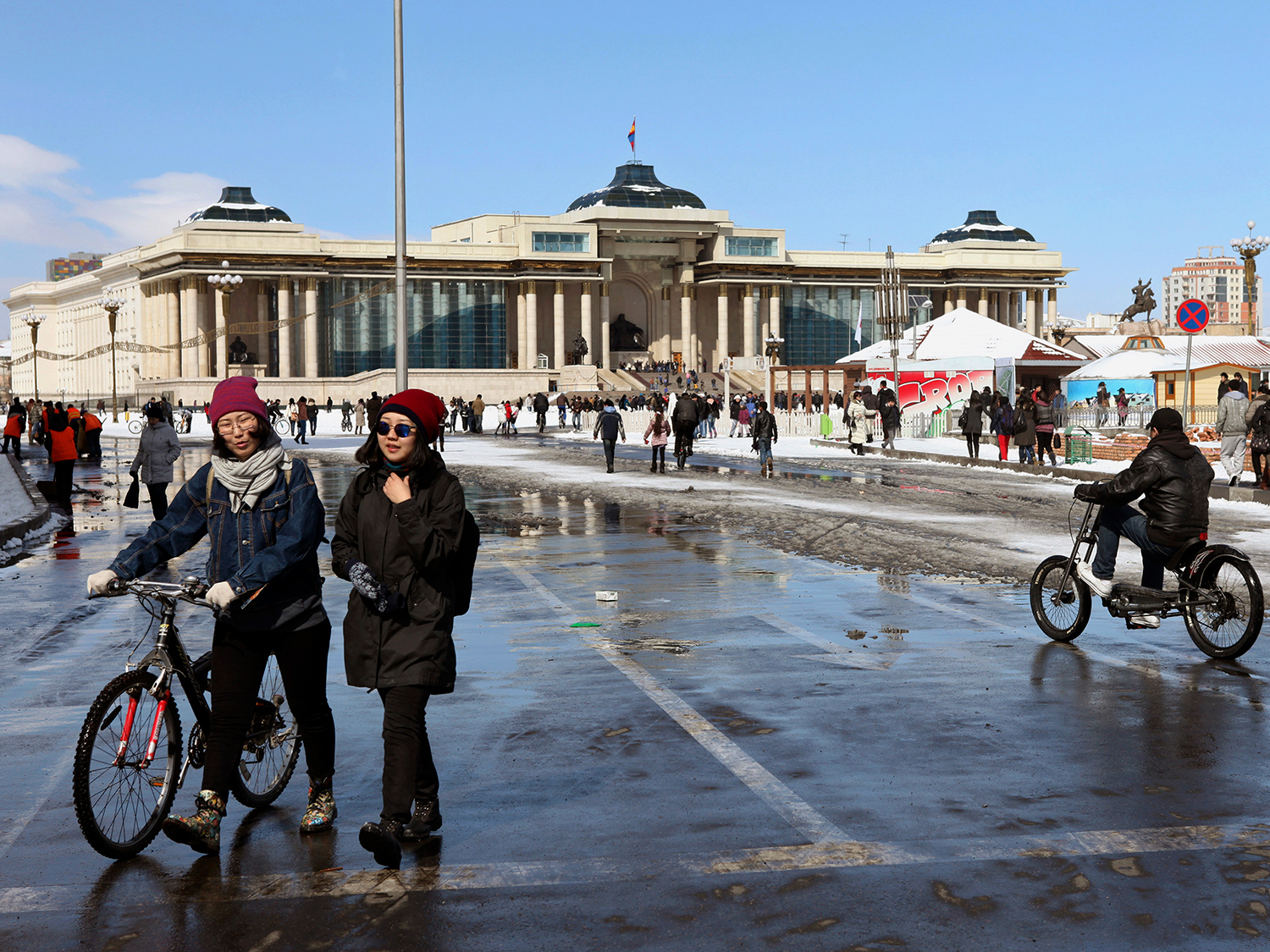

By Thin Lei Win — Mongolia should diversify its economy in the face of climate change and other stresses, as reliance on mining at the expense of its livestock industry has put people at risk of commodity price shocks and rising unemployment, an international aid group said. Ramesh Singh, Mongolia Director for Mercy Corps, said strengthening rural livestock markets and establishing centres of economic activity outside the capital would enrich the nation’s coffers, provide work for young people, and boost the country’s resilience. Mongolia has struggled with an economic crisis since 2016 due to government over-spending and declining revenues from exports, which include copper and coal.
“We have reached a tipping point,” said Singh, whose US-based organisation has worked in Mongolia since 1999.
Youth unemployment, climate change and heavy urbanisation in the capital city of Ulaanbaatar are key issues that must be tackled, he added.
A Mercy Corps report issued last week said the mining sector employs only 3.6 per cent of Mongolia’s total workforce.
“There’s a realisation among government and development partners that it was a big mistake to focus solely on a single sector,” said Singh, noting how a 17-per cent growth rate in 2012 has nosedived to a projected 1.4 per cent in 2017.
Meanwhile, 30 per cent of Mongolia’s 3 million people live off herding horses, goats, sheep, camels, yaks and other cattle, according to the World Bank. Those unable to make ends meet in rural areas usually move to the capital.
There, many end up living in “ger districts”, makeshift neighbourhoods, where pollution, poverty and domestic violence are rife, aid agencies say.
In February, the Red Cross appealed for $654,000 to support thousands of Mongolian herder families suffering from a second consecutive “dzud” in which a summer drought is followed by harsh winter conditions, leading to widespread livestock deaths.
Climate change could lead to more erratic rainfall and increase the frequency of droughts and dzuds, said the Mercy Corps report. But Singh said a profitable, modern herding system attractive to young people could be developed.
“There is a huge market potential from China and Russia which are ready to buy meat from Mongolia. There’s an opportunity to develop another export market here,” he said. — Thomson Reuters Foundation
Oman Observer is now on the WhatsApp channel. Click here



